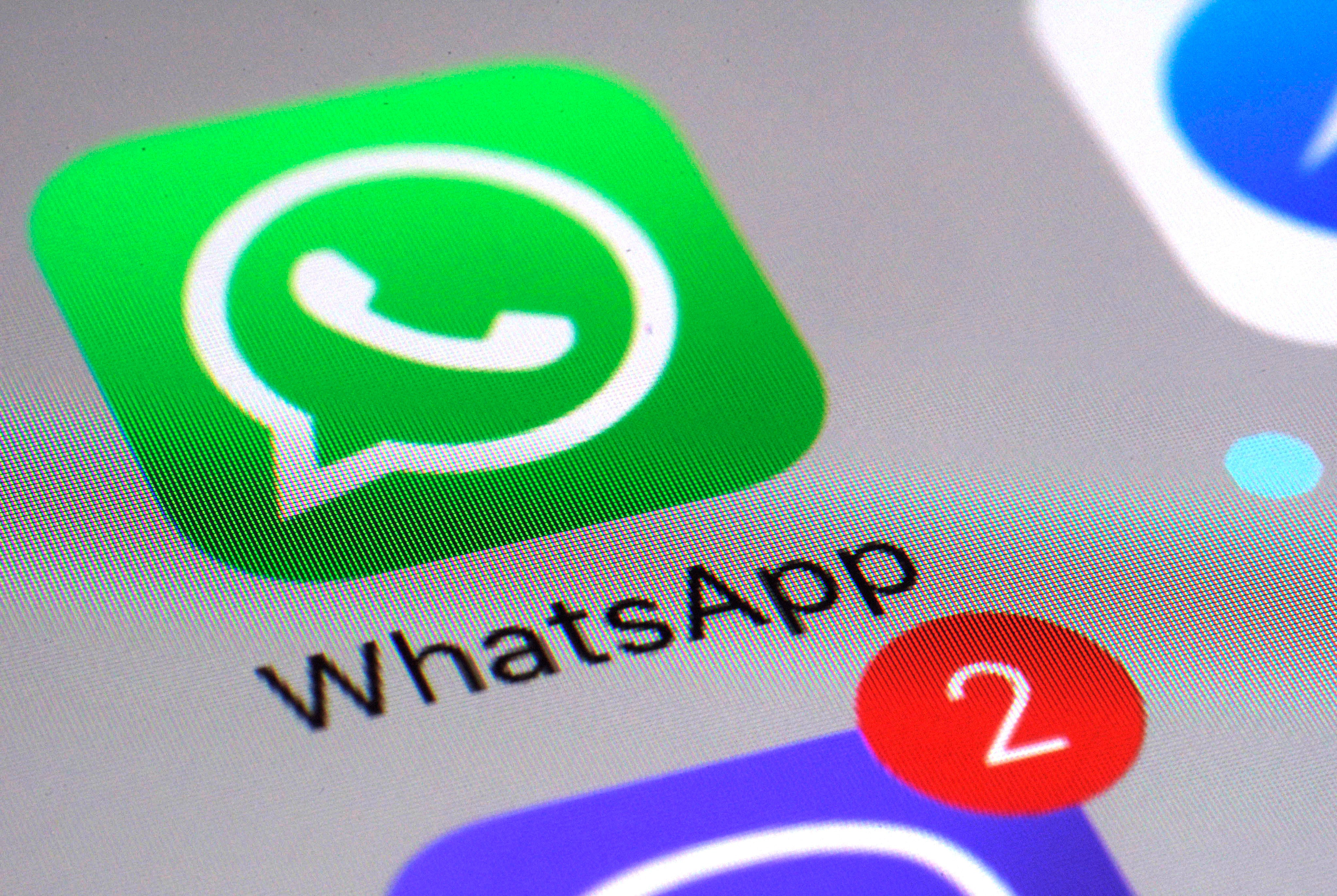WhatsApp sues Indian government over new internet rules
The messaging app WhatsApp has sued the Indian government seeking to defend its users' privacy and stop new rules that would require it to make messages “traceable” for external parties

Your support helps us to tell the story
From reproductive rights to climate change to Big Tech, The Independent is on the ground when the story is developing. Whether it's investigating the financials of Elon Musk's pro-Trump PAC or producing our latest documentary, 'The A Word', which shines a light on the American women fighting for reproductive rights, we know how important it is to parse out the facts from the messaging.
At such a critical moment in US history, we need reporters on the ground. Your donation allows us to keep sending journalists to speak to both sides of the story.
The Independent is trusted by Americans across the entire political spectrum. And unlike many other quality news outlets, we choose not to lock Americans out of our reporting and analysis with paywalls. We believe quality journalism should be available to everyone, paid for by those who can afford it.
Your support makes all the difference.The messaging app WhatsApp has sued the Indian government seeking to defend its users’ privacy and stop new rules that would require it to make messages “traceable” to external parties.
WhatsApp filed the lawsuit Wednesday in the Delhi High Court It is arguing that the government rules regarding the traceability of messages are unconstitutional and undermine the fundamental right to privacy.
The company currently uses end-to-end encryption for its messaging service, which encrypts messages in such a way that no one apart from the sender and receiver are able to read the messages sent between them.
The lawsuit follows sweeping regulations for technology companies announced in February that hold them more accountable for content shared on their platforms. A 90-day grace period for complying with the rules ended Wednesday.
“Civil society and technical experts around the world have consistently argued that a requirement to “trace” private messages would break end-to-end encryption and lead to real abuse,” WhatsApp said in a statement.
“WhatsApp is committed to protecting the privacy of people’s personal messages and we will continue to do all we can within the laws of India to do so.”
The new regulations require internet platforms like Facebook and Twitter to erase content authorities deem to be unlawful and to help with police investigations, including identifying the originators of so-called “mischievous information.”
The lawsuit is part of a struggle between some of the world’s biggest technology companies and governments grappling with disinformation, hate speech and other troubles.
Singapore in 2019 passed a law requiring technology platforms to issue corrections of false information if the authorities order them to do so, or face hefty fines. In Britain, tech companies could also face heavy fines if they fail to prevent the spread of illegal and harmful content, such as terrorism or child pornography.
Nikhil Pahwa, a New Delhi-based digital rights activist said the WhatsApp lawsuit is an important case for India and the world.
“What happens in India is what governments across the world would see and like to implement,” Pahwa said.
If WhatsApp loses its case, it either may choose to leave the market and lose over 500 million users, or redesign its platform to make messages traceable, he said.
“The introduction of the new IT rules can essentially kill the entire idea of end-to-end encryption in India. This will potentially compromise all its users across and not just India,” he said.
WhatsApp said in a statement posted on its website that traceability breaks end-to-end encryption and would “severely undermine the privacy of billions of people who communicate digitally.”
“Through such an approach, innocent people could get caught up in investigations, or even go to jail, for sharing content that later becomes problematic in the eyes of a government, even if they did not mean any harm by sharing it in the first place,” WhatsApp said.
It reiterated that its team responds to valid law enforcement requests, providing them with limited categories of information available that is consistent with relevant laws and policies.
___
Soo reported from Hong Kong.